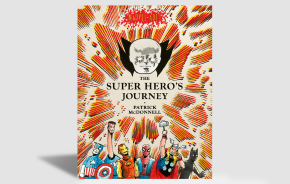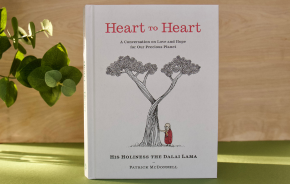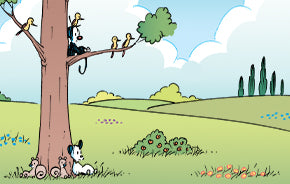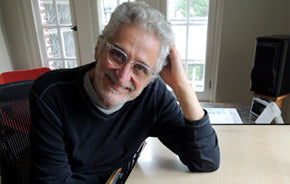My family and I recently took a month-long trip to Thailand, the country where my mother was born. I visited Thailand multiple times during my childhood — with my parents — but this was my first time returning as an adult, since getting married and having children of my own.
I was excited to show my husband and two young daughters this special place, and to share with them, firsthand, some of the reasons I fell in love with it long ago.
One of the many things I cherish about Thailand is that its national animal is the Thai elephant, one of my favorite animals in the whole world. I’d grown accustomed to being around elephants as a child, and I always felt something move in my soul whenever I looked into their brown, knowing eyes.
So you can imagine my heartbreak when we visited an elephant camp in Phuket and I discovered, for the first time, the cruel reality of wildlife tourism. The animals at this camp, which was a riding camp, were not being treated with care or compassion. I felt very uncomfortable and sad when the mahouts (people who work with elephants) made a young animal with scars on the top of her head perform silly tricks in a small pen that was covered with barbed wire. I’d always thought of mahouts as having strong bonds with elephants, but the one we saw with this animal spent his time watching YouTube videos and then, when it was our turn for a ride, yelling commands at her. He also stopped her from nibbling foliage along the path, which I now realize she was doing because she is underfed.
I tried not to ruin my husband’s and daughters’ first up-close encounter with an elephant, but even they felt as uneasy as I did when we left.
It was then that I decided to find a better way to spend time with one of my favorite creatures on this earth. I did some more research and was excited to discover a few non-riding, non-performing elephant sanctuaries in Northern Thailand. We were able to book some time at Maerim Elephant Sanctuary in Chiang Mai, and our experience could not have been more different.
At Maerim, visiting fees are considered donations for the care of the elephants. There, the mahouts taught us all about the elephants — their habits, their personalities, and their pasts. Most had been rescued from circuses or abusive camps, or were pregnant mothers needing special care. We learned simple Thai commands for directions, and offered pieces of food for them to eat. No riding. No yelling. No hitting. Just love and respect.


It was worth taking the trip to Chiang Mai to be able to spend time with these elephants, to learn their stories, and to just walk with them untethered through the jungle. They seemed happy.

Although one of our experiences was positive and one was extremely negative, both were life-changing. I left Maerim not only with a desire to return one day, but also with an even greater love for elephants and a determination to speak up on their behalf.
Now, I encourage anyone with a love for these animals to join me in learning more about the cruelties they face, and to show support for organizations (like Maerim Elephant Sanctuary and others) that are dedicated to their conservation and well-being.
Amanda Hershey is a social media associate at MUTTS. She lives in Orlando, Florida with her husband and two daughters, and their dog Chloe.























Comments (0)